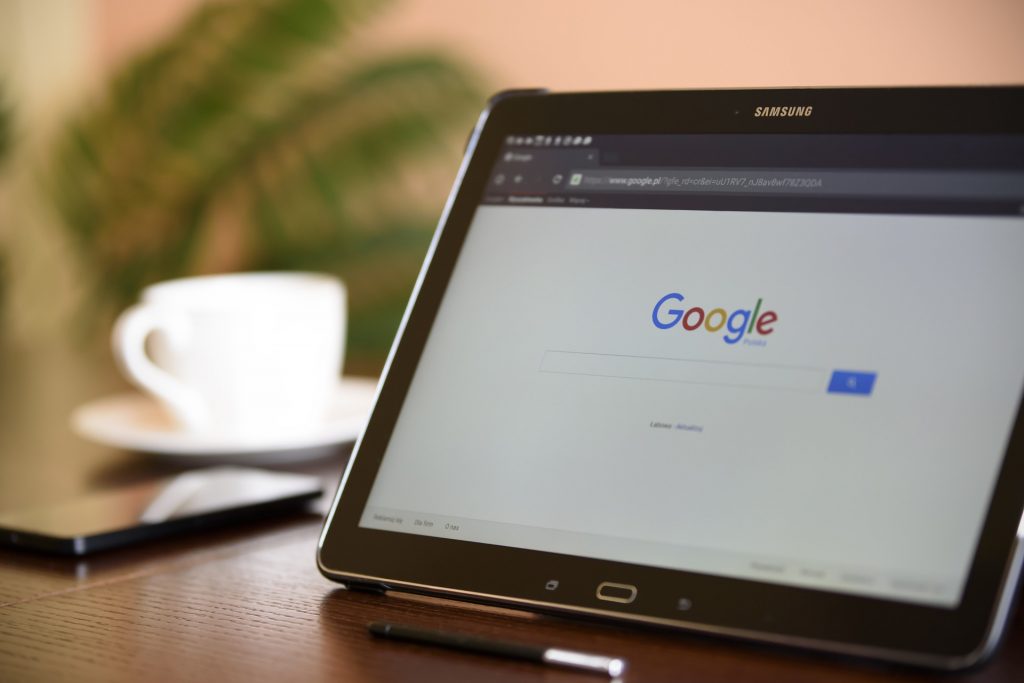This post is also available in Dutch.
On average, Google receives 3.5 billion searches every day. This means an average of 20-30 searches per person per day. Is this true for you too? (Don’t worry if you go over 30 searches: you are not alone!) We rely on Google for almost everything, and it comes automatically. As soon as we have a doubt, the coloured G button is there to the rescue. We click on it and the magic happens: in an instant we get a full list of answers. But this magic seems to come with a cost: a so-called “Google effect”.
Google is undoubtedly an amazing tool to the point that it can substitute our brains.
Compared to our ancestors, the human brain has evolved to support efficient attention, memory, and goal-oriented behaviour. In particular, to serve these functions (better known as the executive functions), the prefrontal areas of our brains got bigger and richer in connections. For centuries, this bigger brain allowed us to learn things by trial and error, to store this knowledge, and to pass it down to next generations. Our brains have also evolved the ability to keep important information for optimal problem-solving.
However, with the dawning of the 21st century Google era, efficient brain storage does not seem that necessary anymore. In fact, as Google provides us with all the information we need, we don’t really need to retain this information in our prefrontal cortices. Besides, why should we test and re-rest solutions to our problems when we can just Google “how-to”?
The use of Google can change the way we process and learn information. How? And what is the effect on our brains?
Researchers at Columbia University showed that when faced with difficult questions, our first thought goes to electronic devices from which we can Google the answers we desire. Even more interestingly, when we are sure that we will have future access to Google, the likelihood of recalling relevant information drops. It is as if we develop a “digital amnesia” for any content. Interestingly, while we tend to forget the information itself, we put effort into recalling where that information is stored online. Hence, the way we learn and what we learn adapts to the type of inputs we receive. This can also be seen in our brains which are quite plastic. The extensive use we make of Google has, in fact, traceable effects on our brains. Just six days of repeated web search are enough to reduce activation in brain areas involved in long-term memory, like the frontal and temporal cortices. Also, when accustomed to repeated online searching, our brains lose efficiency in processing information and need widespread activation to skim through a piece of digital text.
The use of Google has revolutionized the way we work and face daily problems. That unmistakable G button, importantly, has changed the way we think and remember. Just a few days are necessary to reshape how our brains function. But what would this mean for the neural capacity that evolution has brought to us? Will a Googlized brain just become more and more dependent on at-hand devices? We cannot tell yet, but the next time we have a doubt, let’s first ask our brains for an answer. We probably do not need to make that search history even longer after all.
Author: Martina Arenella
Buddy: Julija Vaitonyte
Editor: Christienne Damatac
Translator: Ellen Lommerse
Editor Translation: Wessel Hieselaar
Photo credit : Featured image by PhotoMIX-Company via Pixabay
